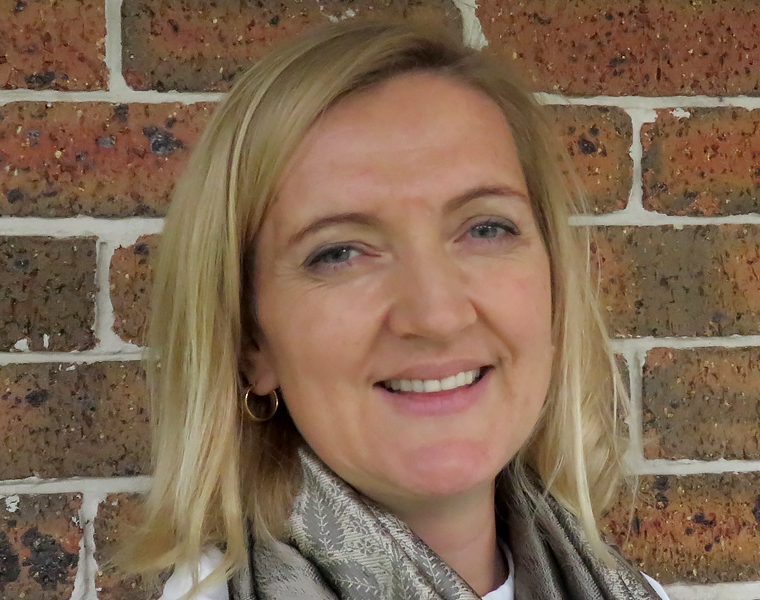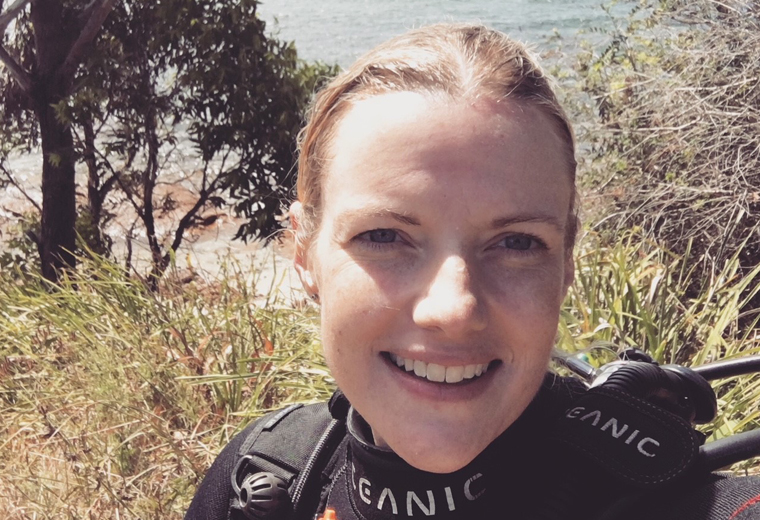Feature
What’s it like working as a surgical assistant?
GPs say combining general practice with the operating theatre keeps work stimulating.
 Two GPs talk about 'moonlighting' as surgeon's assistants
Two GPs talk about 'moonlighting' as surgeon's assistants
Once a fortnight, Queensland GP Dr Natasha Yates chats to a nervous patient to calm them down.
Then the anaesthetist puts the patient to sleep, and Dr Yates wheels them into surgery. She dons her mask and surgical scrubs. She preps the patient and drapes them while the nurses set up the instruments for keyhole bariatric surgery.
After the surgeon makes his first incision, Dr Yates guides a tiny camera through the patient’s body so the surgeon can see where he’s going. After three years working together, the two don’t even need to speak. After the surgery is done, Dr Yates helps suture up the incisions and applies local anaesthetic if needed.
The days can be 12 hours long, with up to nine surgeries.
But the work is its own reward.
‘I really enjoy working as a surgical assistant. It’s something completely different, and I find it fascinating,’ Dr Yates told newsGP.
‘It’s a real team effort in the theatre. I like that. In general practice, you’re in a room with patients most of day. Surgery is a real team environment.’
Dr Yates is one of the many GPs who regularly work as surgical assistants. But they don’t do it for the money – you get paid better by staying at the clinic.
Dr Yates, who is also the Assistant Professor of General Practice at Bond University, once thought seriously about training as a surgeon before moving into general practice.
For her, assisting provides the best of both worlds.
‘It gives me the opportunity to stay in touch with hospital systems, to talk to the surgeon, the nurses, ask them questions and get a cross-pollination of ideas. It’s beneficial for my [clinic] patients as well, as it keeps me up to date with the latest ideas in surgery and anaesthetics,’ Dr Yates said.
‘In a way it’s easier than working as a GP because the responsibility for the actual surgery is with the surgeon. I don’t have to do the formal assessments and problem solving. It’s hard work, but different work.’
 Dr Yates thought seriously about training as a surgeon before moving into general practice.
Dr Yates thought seriously about training as a surgeon before moving into general practice.
GPs are prized by surgeons for their reliability and expertise, Dr Yates said.
‘The surgeons I know like to use GPs – they’re reliable and you can train them up and know they’ll be around in couple of years’ time,’ she said.
But Dr Yates said she was concerned about proposed changes to Medicare rebates for surgical assistants which would mean a 25% cut to assistant pay.
‘There’s a possibility some GPs would say they’re not going to be able to continue to do this because of the cut in income,’ she said.
‘As a GP I know how many people in Australia are doing it tough, and I worry that paying 25% more for their surgery may make surgery in the private sector prohibitive for some people. The waiting list for public surgery is usually much longer than for the same operation to be done privately.
‘In the end, what will happen is that the costs will be shifted from the private sector to the public, patients will have to wait longer and will not have a choice of which surgeon they get.’
Fellow GP and surgical assistant Dr Jennifer Coleman agrees wholeheartedly.
‘I haven’t spoken to anyone that supports [the changes]. Everyone has come out and said this is ridiculous and makes no sense,’ she told newsGP.
 Dr Jennifer Coleman finds working as a surgical assistant engaging and interesting.
Dr Jennifer Coleman finds working as a surgical assistant engaging and interesting.
The Newcastle GP started her training as an orthopaedic registrar before switching to general practice, focusing on sports medicine.
But she kept up contact with several surgeons she used to work with, and eventually returned to the operating theatre as a surgical assistant.
‘It’s a good opportunity to liaise with experts I might need to refer to, and to maintain my suturing skills,’ Dr Coleman said. ‘I get bored easily.’
She spends two days a week on average as a surgical assistant.
‘People think anyone could do what a surgical assistant does – but if you speak to surgeons, they’ll say it’s much easier if someone is familiar with surgery and the equipment and can anticipate what the surgeon needs. A skilled assistant makes things run smoother,’ she said.
‘It’s not as lucrative as an afternoon session as a GP, but I do it out of interest. I like operating, being in theatres, doing more complex stuff, and the social aspect.’
GPs can work as surgical assistants relatively easily. However, working in the private sector will require medical indemnity insurance, applying for an additional Medicare provider number for the relevant hospital, and hospital accreditation.
operations surgery surgical assisting
newsGP weekly poll
Is it becoming more difficult to access specialist psychiatric support for patients with complex mental presentations?